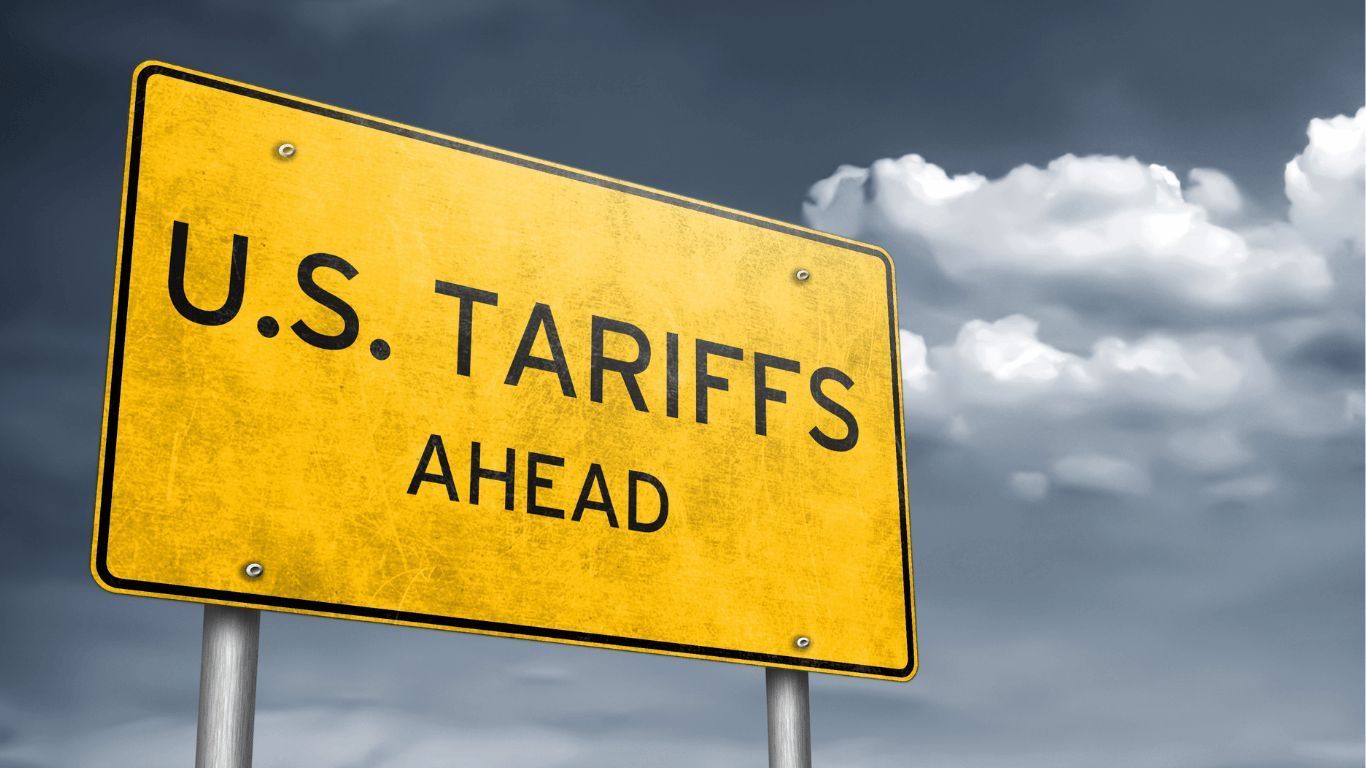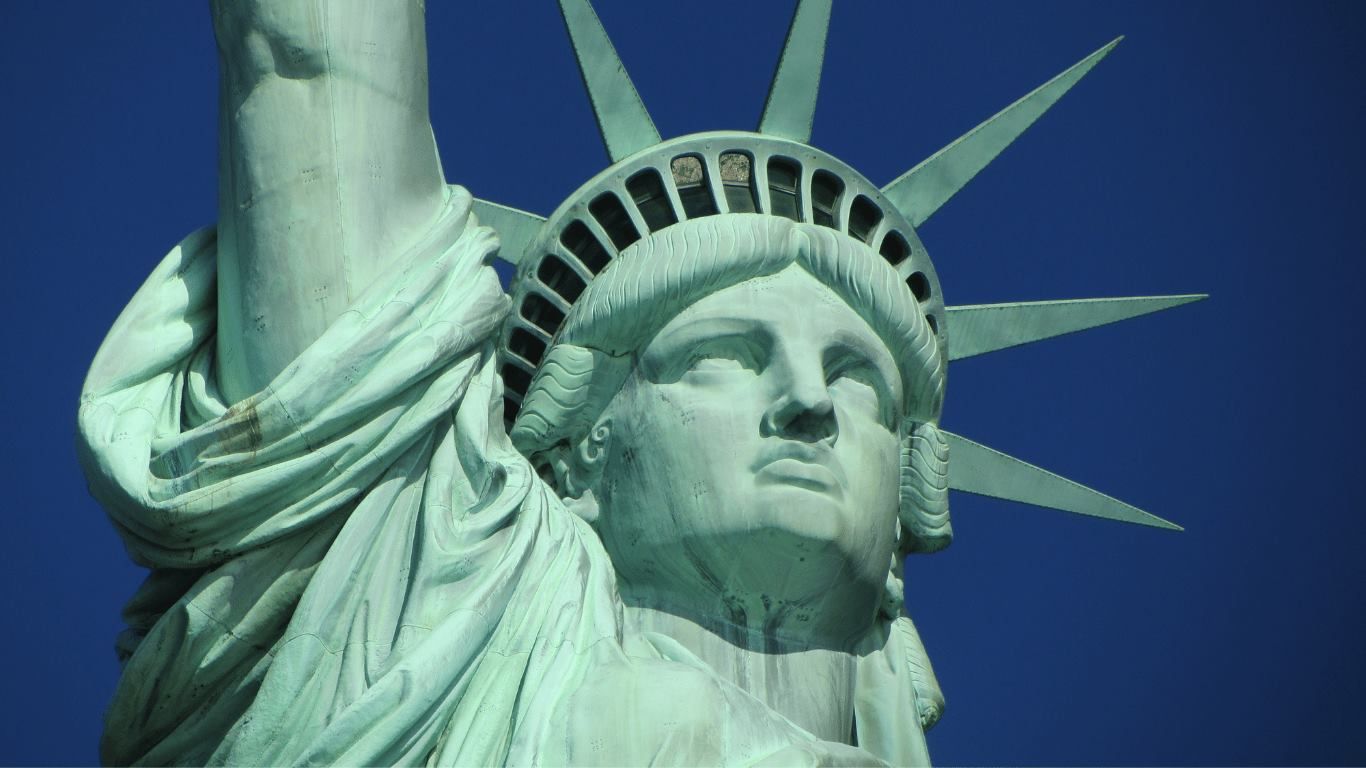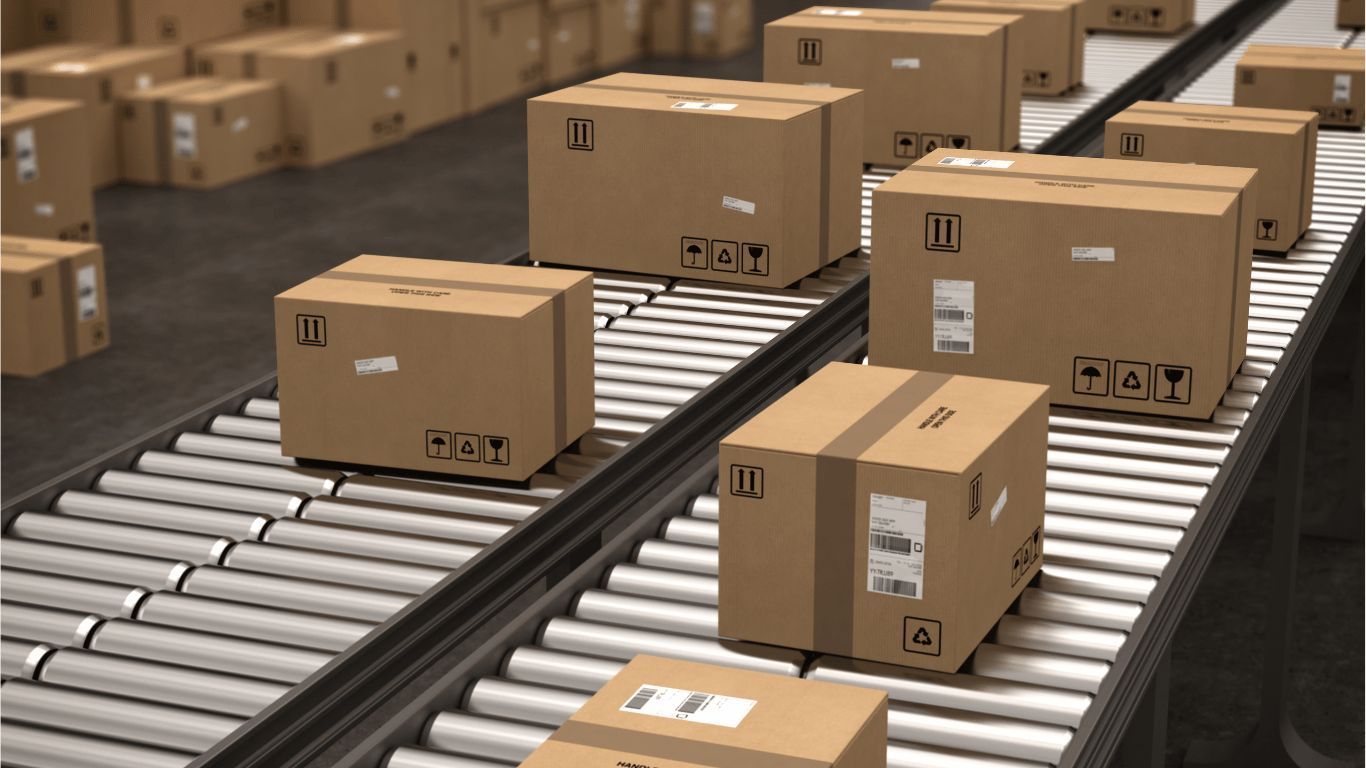US Import and Export Optimisation
Import and Export Optimisation
ICS Global Services is a consultancy specialising in international business, import, and export optimisation. We have successfully completed countless US import and export projects with quick outcomes and benefits. In the USA, we have considerably increased our clients' bottom lines in the short and long term. Utilising a consulting firm like ICS Global Services can help clients reduce errors and costs while saving time when selling their goods in the US market or exporting goods from the US.
Import and Export Legislation
U.S. importers and exporters should be aware of the legislation regulating the movement of goods into and out of the USA, such as The Code of Federal Regulations (CFR), The Customs Modernization Act, The Export Administration Regulations (EAR), The International Emergency Economic Powers Act, The Trade Expansion Act, and others.
We have created this guidance to assist importers and exporters with varying levels of experience. If your company is trading internationally presently or plans to in the future, the following information will help you grasp the complexities of US import and export regulations.
The Code of Federal Regulations (CFR)
The broad and permanent rules that the Federal Government's departments and agencies publish in the Federal Register are codified in the Code of Federal Regulations (CFR). It is separated into 50 titles that correspond to general topics governed by federal law. Every title has chapters, each of which often includes the issuing agency's name. Every chapter is further broken down into sections that address particular regulatory topics. It is possible to break up large pieces into smaller ones. Every component is arranged into sections, and most CFR citations refer to section-level content.
CFR Title 19, Chapter 1
The main set of rules and regulations pertaining to customs duties issued by federal agencies (U.S. Customs and Border Protection, Department of Homeland Security, and Department of the Treasury) are contained in CFR Title 19. Customs Duties are one of the fifty titles that make up the United States Code of Federal Regulations (CFR). CFR Title 19, Chapter 1 addresses topics beyond customs duties, including:
- Customs Warehouses and the control of merchandise within them.
- The Collection of Customs duties, taxes, fees, interest, and other charges.
- Rules for determining the country of origin of imported goods.
- Customs Bonds required under the customs laws or U.S. Customs and Border Protection regulations.
- Country of origin marking requirements.
- Recordkeeping requirements.
- Export Control.
The 1930 Tariff Act and its implementing legislation were amended by the United States Customs Modernisation Act, also referred to as the "Mod Act". The Mod Act was created to improve customs enforcement and increase voluntary compliance with customs laws. Two novel customs ideas were presented by it: "informed compliance" and "shared responsibility." These ideas are based on the notion that the trade community must be fully and accurately informed of its legal responsibilities to maximise voluntary compliance with customs laws and regulations. As a result, importers are mostly responsible for using "reasonable care" to accurately declare the value, classification, and other details of their imported products under the Customs Modernisation Act, as opposed to depending entirely on Customs to spot mistakes.
Export Administration Regulations (EAR)
To safeguard both foreign policy and national security interests, the Bureau of Industry and Security (BIS), a division of the Department of Commerce, is responsible for overseeing most U.S. commercial commodities, software, and technology. It enforces the Export Administration Regulations (EAR). Items that are for commercial use and of "dual use" (having both military and commercial purposes) or integrate technology of U.S. origin are governed by the EAR.
Understanding export restrictions, classifying goods, figuring out whether a license is required for an export or re-export, and maybe adhering to "deemed export" regulations for disclosing sensitive information to foreign nationals in the United States are all part of trade compliance.
The International Emergency Economic Powers Act
To address the major and ongoing trade deficit caused by the lack of reciprocity in U.S. trade relationships as well as other detrimental practices like currency manipulation and excessive value-added taxes (VAT) that other nations continue to impose, President Trump is using his authority under the International Emergency Economic Powers Act of 1977 (IEEPA). President Trump levied a 10% tax on all nations on April 5, 2025, using his IEEPA authority.
The regular U.S. Harmonized Tariff System (HTS) duty is therefore increased by the additional IEEPA 10% tax, which is calculated using the shipment's CIF (Cost, Insurance, and Freight) value.
After a national emergency is declared, the U.S. President has broad authority to regulate a range of economic activities under the International Emergency Economic Powers Act (IEEPA). The core of the current U.S. sanctions system is the IEEPA. Some in the USA have questioned whether the IEEPA's supervision mechanisms are strong enough considering the broad economic powers it grants the U.S. President during a declared emergency, given changes in the usage of IEEPA powers since the act's inception in 1977.
The Trade Expansion Act
After receiving a recommendation from the U.S. secretary of commerce, the U.S. President has applied tariffs under Section 232 of the act due to articles being imported into the United States in such quantities or under such circumstances as to threaten or impair the national security. The only years Section 232 has been used before were 1979 and 1982.
If the U.S. Secretary of Commerce concludes, after an investigation, that the quantity or other circumstances of goods imported "threaten to impair" U.S. national security, the U.S. President may restrict the import of goods or negotiate with trading partners under Section 232 of the Trade Expansion Act of 1962 (19 U.S.C. §1862, as amended).
To defend America's vital steel and aluminium industries, which he feels have been hurt by unfair trade practices and global surplus capacity, President Trump has invoked Section 232. With effect from June 4, 2025, President Trump has increased the import duty on steel and aluminium from 25% to 50%.
US Import and Export Responsibilities
To maximise adherence to legal requirements, U.S. Customs and Border Protection (CBP) and the U.S. importing and exporting community have a shared obligation. To fulfil this duty, CBP encourages importers and exporters to familiarise themselves with relevant laws and US import and export regulations and collaborate with the CBP Office of Trade to safeguard American consumers against dangerous and counterfeit imports by confirming that the products that are brought into the country are authentic, secure, and legally sourced.
Importing
U.S. Customs and Border Protection (CBP) expects importers of record to take responsibility for their actions and provide proof that they are reasonable. Basically, an importer of record must demonstrate reasonable care when importing goods. The U.S. importer of record is the party in charge of making sure imported goods abide by all laws and customs regulations in the USA. This is usually the product owner, but it could also be a designated person or a customs broker.
Although importers from other countries are not required by CBP to hold a licence or permit to import goods, all items entering the country are subject to customs clearance and duties unless they are specifically exempt. The importer of record and their goods must take the required entry, examination, valuation, classification, and clearance steps in order to receive customs clearance from CBP.
Exporting
Several U.S. government entities restrict the export of software, technology, and commodities. The Bureau of Industry and Security (Department of Commerce), the Directorate of Defence Trade Controls (Department of State), and the Office of Financial Asset Controls (Department of Treasury) are the three primary agencies responsible for supervising most regulations. If goods are deemed dual-use, they will come under the Department of Commerce's jurisdiction.
The Department of State regulations will take precedence over products and actions developed and carried out primarily for military use. The Department of Treasury regulations usually take precedence when travel or activities involve a country that is embargoed, sanctioned, or involves any other third party. Nonetheless, there may be instances where the Treasury requirements and other legislation overlap, particularly in situations where a physical export is involved.
U.S. Agencies Controlling Imports and Exports
The following U.S. government agencies are the main organisations that oversee most US import and export regulations:
Imports
Customs and Border Protection (CBP)
United States Customs and Border Protection (CBP) is responsible for border management and control, combining customs, immigration, border security, and agricultural protection. CBP is a federal law enforcement agency that is part of the United States Department of Homeland Security (DHS) and is responsible for trade laws as well as collecting import duties. A federal law enforcement organisation, CBP is a division of the Department of Homeland Security (DHS).
Exports
Department of Commerce, Bureau of Industry and Security
The Bureau of Industry and Security (BIS) oversees most goods exported from the United States. It oversees several important facets of export compliance, such as the application and enforcement of the Export Administration Regulations (EAR). The Commerce Control List (CCL) contains a list of products that fall under the regulations.
Department of the Treasury—Office of Foreign Assets Control (OFAC)
Economic sanctions programmes are administered and enforced by the Office of Foreign Assets Control, mainly targeting nations and groups of people, such as terrorists and drug traffickers. The objectives of foreign policy and national security are achieved using trade restrictions and the blocking of assets, which can be selective or comprehensive in nature.
The Directorate of Defense Trade Controls (DDTC)
In compliance with the International Traffic in Arms Regulations (ITAR) and the Arms Export Control Act (AECA), the Department of State's Directorate of Defense Trade Controls (DDTC) is tasked with regulating the export and temporary import of defence goods and services listed on the U.S. Munitions List (USML).
US Import and Export Regulations
U.S. agencies encourage importers and exporters to become familiar with applicable laws and regulations. The success of businesses depends on their understanding and observance of all applicable import and export regulations and laws in the USA and the overseas region in which they are conducting business.
Export Regulations
When exporting, businesses need to determine whether their product, technology, or service might need an export license. These may need to follow the Export Administration Regulations (EAR) as administered by the U.S. Department of Commerce’s Bureau of Industry and Security, as well as the role of the U.S. State Department’s Directorate of Defense Trade Controls, and the U.S. Department of the Treasury’s Office of Foreign Assets Control.
The Export Administration Regulations (EAR) are controlled by the U.S. Department of Commerce and the U.S. Department of State to regulate “dual-use” items. These types of goods and related technical data are any items that are made for commercial use but could also have military applications. The Export Administration Regulation (EAR) governs the export of dual-use goods and technologies. Depending on the item's specifications, the destination country, and the intended use, licences may be required for some exports.
Import Regulations
The Mod Act was introduced with two concepts: “informed compliance” and “shared responsibility.” The Mod Act essentially changed the US Customs and US Importer relationship by giving importers more legal responsibility for declaring the value, classification, and rate of duty applicable to entered merchandise as well as for upholding compliance with import laws and regulations. This heightened the conversation about import trade compliance and maximised voluntary compliance with laws and regulations of U.S. Customs and Border Protection (CBP).
Establishing an Import Compliance programme is one of the best ways to avoid infractions and associated fines. These are some of the areas that should be covered:
- Import Restrictions
- Merchandise Description & Tariff Classification
- Valuation
- Country of Origin
- Import Record-Keeping
Trending U.S. Articles
Get informed about U.S. import and export trends, international trade news and learn from expert advice.
The U.S. export market is the main market for UK exporters and provides opportunities to access and reach more customers or businesses. If you're thinking about exporting products to the USA, we provide trade support services and guidance.
U.S. Customs encourages importers and exporters to familiarise themselves with relevant laws and US import and export regulations. Collaboration with U.S. Customs is recommended to safeguard American consumers.
The US has eliminate the $800 de minimis requirement for commercial shipping. The great majority of overseas companies that export low-value goods to the US are impacted by this move.
Get in touch regarding US import and export regulations
We are ready to provide you with world-class import and export guidance. Please complete this form, and we will get back to you.




